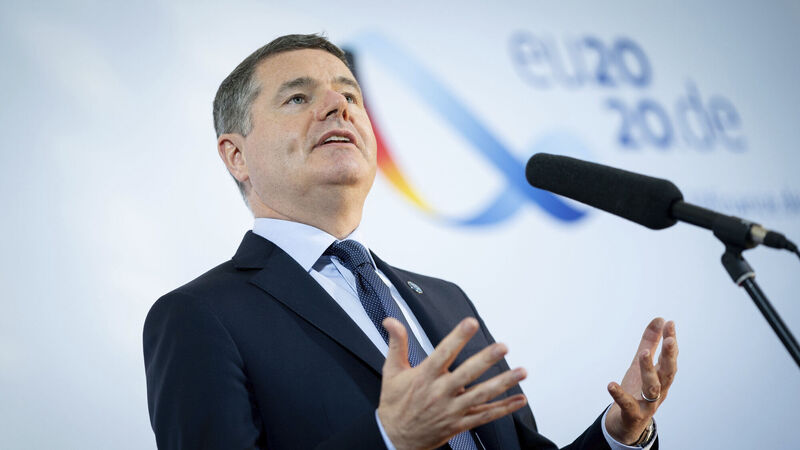Donohoe warns of corporate tax over-reliance as receipts continue to outperform

Ireland’s deficit for the first nine months of this year was €9.4bn, largely due to the extra €10.5bn spent to date combating the economic impact of the Covid pandemic.
Finance Minister Paschal Donohoe has warned that Ireland cannot continue to rely disproportionately on corporation tax to fund the economy.
He was speaking as key exchequer figures showed that the Government continued to take in more tax revenue than expected in September, which should allow for more aid for the worst hit sectors of the economy in this month’s budget.














